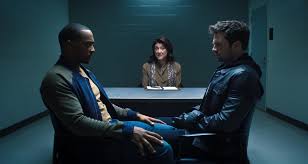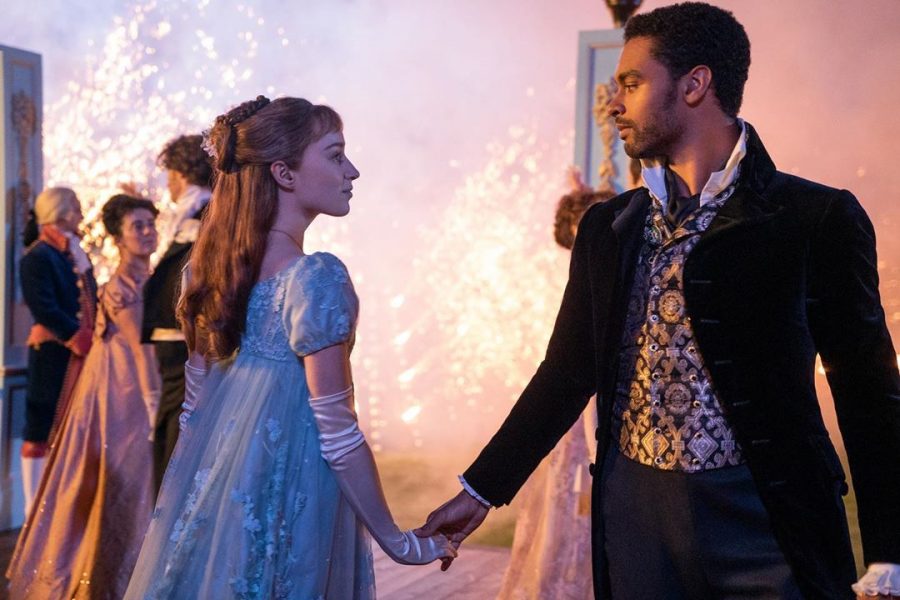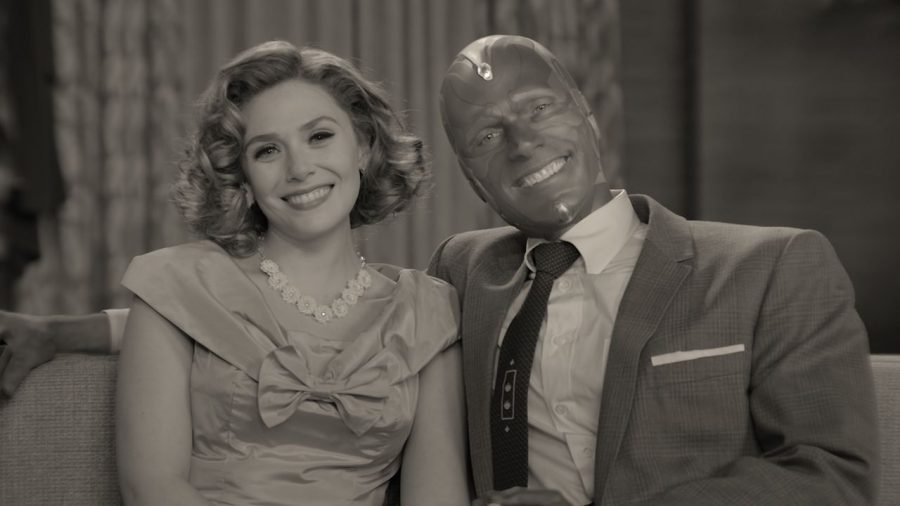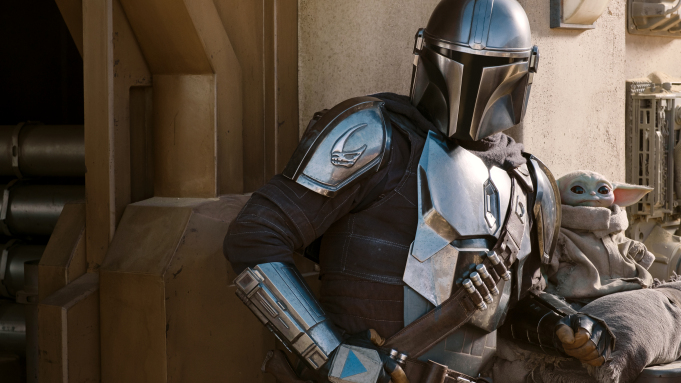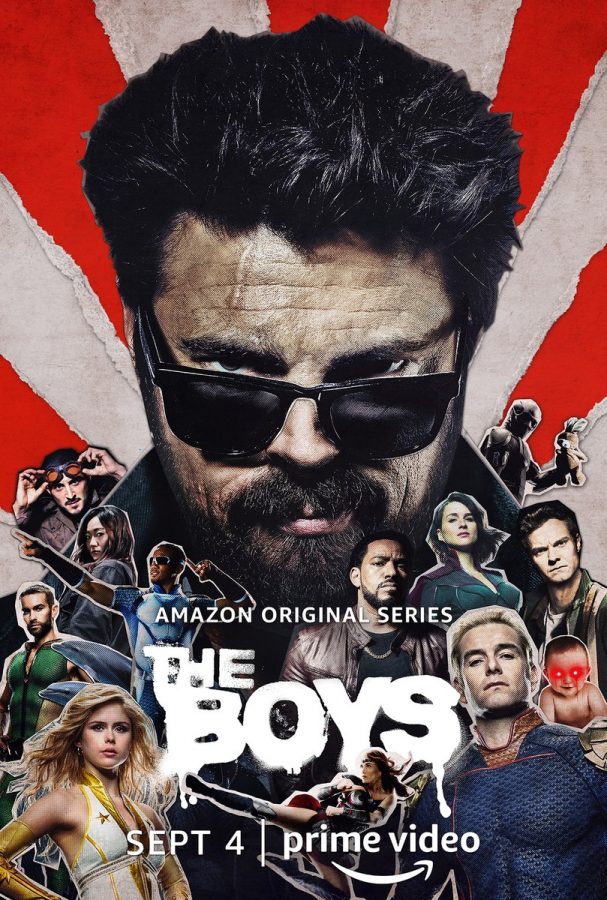Over the past decade, Joe Swanberg has written, directed and produced seventeen feature films. In 2011 alone, he put out four films. Swanberg’s works generally center on relationships, rely heavily on improvisation and until recently, have been shot on micro-budgets.
Swanberg is a great example of a director making interesting work outside the studio system. Some critics have lauded his work for its closeness to reality, while others have found his improvisational style to be irritating and seemingly half-baked. Swanberg’s extensive catalog, however, has solidified him as one of the stalwarts of American independent cinema.
Swanberg’s latest project isn’t a film. It’s a television series for Netflix called “Easy,” and the show proves to be some of Swanberg’s best work. “Easy” is set in the city of Chicago, and each episode acts as a freestanding story. The show revolves around friends and couples working through life in the city in an anthology format. Occasionally the stories overlap, but mostly the episodes are self-contained.
Each episode of “Easy” works as a well-crafted short film. Throughout each film, the viewer is challenged with tough interpersonal problems. In the first episode, we see a married couple coping with their decreased sexual attraction to each other. In another episode, we see a woman trying not to fall back into a toxic relationship with someone who she’s decided to stop seeing. With the exception of a story about a slacker (Dave Franco) starting a brewery with his brother, none of these stories are ever resolved or even pursued further. The viewer is only allowed short glimpses into the lives of the characters in each episode.
Swanberg’s view of Chicago is a decidedly that of the North Side. We see stories of illegal home brew operations, playwrights and personal trainers. However, the casting is diverse, and while the characters are almost all middle-class, we see a range of different perspectives. One episode, for example, entitled “Controlada,” is entirely in Spanish.
Many of the episodes in “Easy” feature sex and intimacy. These scenes are never erotic and most of them are actually quite heartbreaking. In the most powerful episode of the series, a graphic novelist named Jacob (Marc Maron) goes to a sparsely attended Q&A for his recent book. Jacob’s work is widely known as confessional and relies heavily on his failed real-life relationships. At the Q&A, he meets a young fan and artist named Allison (Emily Ratajkowski). After Allison sleeps with Jacob, she decides to include him in her work. Jacob sees the other side of all of the pain his work has caused the people in his life. Yet, due to his narcissism, Jacob doesn’t change. The episode acts as a meditation on what it means to be an artist, especially one that draws heavily from one’s own experience. It highlights the difficulty of choosing between one’s creative work and those closest to you.
“Easy” doesn’t give us many answers to the questions it raises. Through its anthology format however, the show pulls back the curtain enough for viewers to get a good glimpse into stories of love, family and art and leaves the rest open to interpretation.




